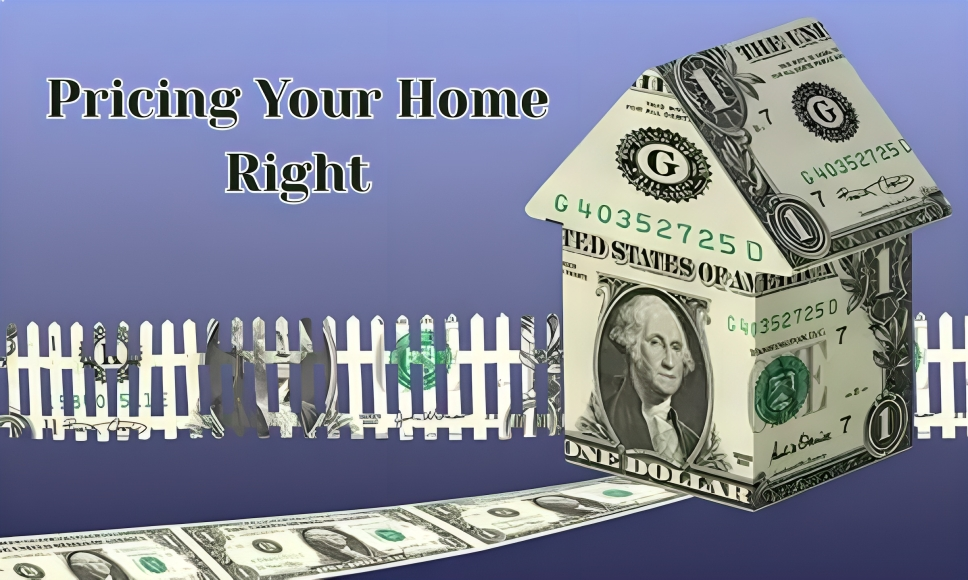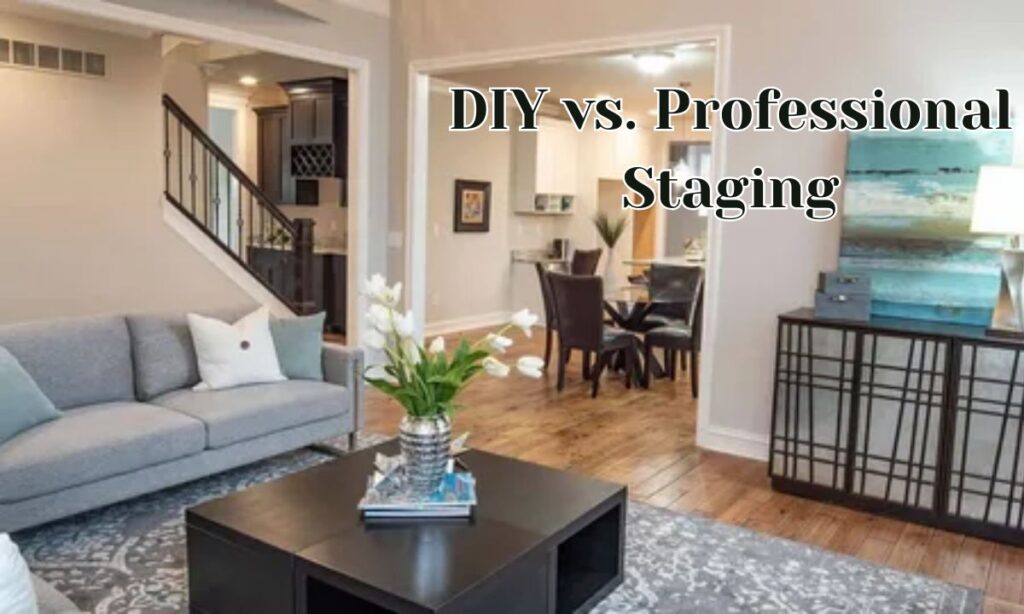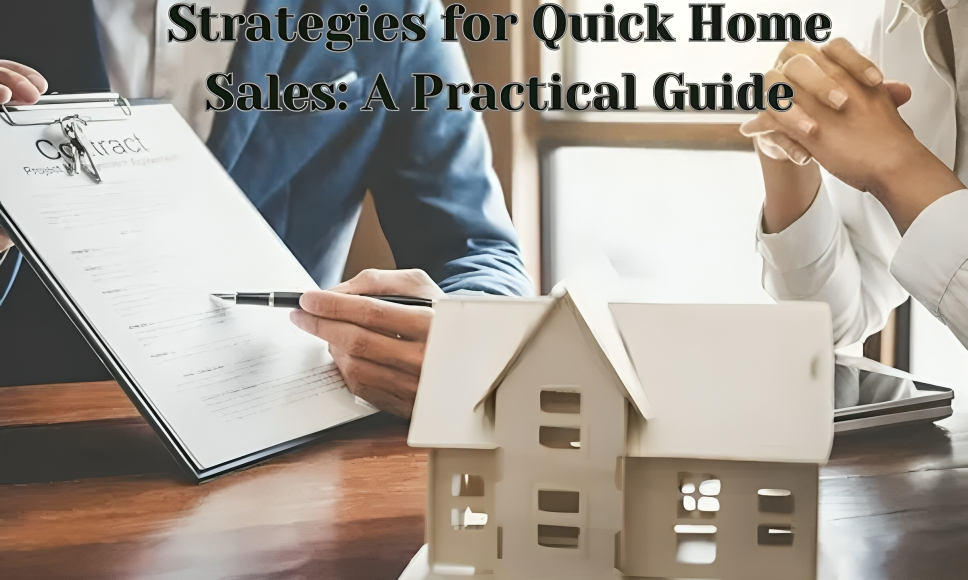Selling your home quickly doesn’t have to be stressful. With the right approach, you can attract buyers and close deals faster than you might expect. This guide offers practical strategies to help you navigate the selling process efficiently.
The real estate market moves fast. Homeowners often need to sell quickly due to job relocations, financial changes, or family situations. A quick sale can reduce stress and carrying costs. It can also help you move forward with your life plans without delay.
Every day your home sits on the market costs you money. Mortgage payments, utilities, and maintenance expenses continue while you wait for a buyer. A speedy sale minimizes these ongoing costs.
The real estate market fluctuates constantly. Understanding current market conditions is essential for selling quickly. Local market trends affect everything from pricing to marketing strategies.
Pricing Your Home Right
Home pricing is the most critical factor in a quick sale. Price too high, and buyers won’t look. Price too low, and you leave money on the table. The sweet spot attracts maximum interest.Research comparable properties in your neighborhood. Look at homes that sold recently with similar features to yours. These “comps” provide realistic pricing guidance.

Market value isn’t about what you paid or what you need. It’s what buyers are willing to pay today. Emotional attachments often lead sellers to overprice their homes.Consider a pre-listing appraisal. Professional appraisers provide objective property value assessments. This information helps you set realistic expectations.
Pricing slightly below market can generate multiple offers. This strategy creates urgency and can spark bidding wars in hot markets. The resulting competition often pushes final prices higher.Be prepared to adjust your price if needed. If your home sits without showings for 2-3 weeks, it’s probably overpriced. A price reduction can renew buyer interest.
Enhancing Curb Appeal
First impressions matter enormously. Curb appeal creates immediate emotional reactions from potential buyers. Many decide within seconds of seeing your home exterior.
Simple landscaping improvements yield big returns. Trim overgrown shrubs, mow the lawn, and add fresh mulch to garden beds. These quick fixes enhance your home’s appearance instantly.
Exterior maintenance signals to buyers that your home is well-cared-for. Repair loose siding, touch up peeling paint, and fix broken steps or railings. These details matter.Add pops of color with flowers near the entrance. Blooming plants create welcoming energy and draw the eye to your front door. They’re an inexpensive way to make your property memorable.
Clean your windows inside and out. Sparkling windows allow natural light to flood your interior and look appealing from the street. This simple task makes a dramatic difference.Power wash dirty surfaces. Driveways, walkways, and siding collect grime over time. Removing this buildup instantly refreshes your home’s appearance.
Staging Your Home for Success
Staging transforms your living space into a marketable product. It helps buyers envision themselves living in your home. This emotional connection leads to faster offers.Start with thorough decluttering. Remove excess furniture, knickknacks, and personal items. Clutter makes spaces feel smaller and distracts from your home’s features.
Depersonalize your spaces. Family photos and unique collections should be packed away. Neutral décor helps buyers mentally move in rather than feeling like guests.Deep clean every surface. Clean property presentation signals careful maintenance. Pay special attention to kitchens and bathrooms—these areas influence buyer decisions heavily.
Arrange furniture to maximize space. Remove oversized pieces that make rooms feel cramped. Furniture arrangement should create flow and highlight room dimensions.Create defined spaces with clear purposes. Home offices, reading nooks, or workout areas show buyers how to use every square foot. This clarity adds perceived value.
DIY vs. Professional Staging
DIY staging saves money but requires design knowledge. Focus on decluttering, cleaning, and rearranging what you have. Simple changes often yield significant results.
Professional staging provides objective expertise. Stagers know what appeals to local buyers. Their inventory of furniture and accessories creates magazine-worthy presentations.

The investment in staging typically returns 5-15% higher selling prices. Professionally staged homes often sell faster than unstaged properties. The expense usually pays for itself.
Consider virtual staging for empty properties. Digital furniture placement in listing photos helps online buyers visualize possibilities. This affordable option appeals to tech-savvy house hunters.
Marketing Your Property Effectively
Strategic marketing reaches qualified buyers. Property listing details should highlight your home’s most appealing features. Focus on what makes your property special.Professional photography is non-negotiable. High-quality property photos attract significantly more online interest. This investment typically delivers the highest marketing ROI.
Write compelling descriptions that tell a story. Help buyers imagine living in your home. Emphasize lifestyle benefits beyond basic features and specifications.Virtual tours provide 24/7 access to your property. These interactive experiences qualify buyers before in-person showings. They save time by reducing visits from unsuitable prospects.
Maximize online visibility through multiple platforms. Your home should appear on major real estate websites, social media, and local listing services. Wider exposure means faster sales.Leverage your agent’s professional network. Experienced agents promote listings to colleagues with potential buyers. This insider marketing often finds buyers before public listings go live.
Choosing the Right Time to Sell
Selling timeline considerations affect strategy and pricing. Understanding seasonal patterns helps you time your listing advantageously. Market knowledge is power.Spring typically brings the most buyers. Families prefer moving during summer school breaks. This seasonal surge creates optimal conditions for quick sales in many markets.

Local market conditions matter more than season. A seller’s market with low inventory favors quick sales regardless of time of year. Research current supply and demand in your area.Economic factors influence buyer behavior. Interest rates, employment trends, and consumer confidence affect purchasing power. Monitor these indicators when planning your sale.
Weekends generate maximum showing traffic. Thursday or Friday listings capitalize on weekend buyer availability. This timing maximizes early exposure.Consider your personal readiness. The best market conditions won’t matter if you’re not prepared to move quickly. Ensure your next housing is arranged before listing.
READ THIS BLOG : From Risk to Readiness: Strengthening SMB Cybersecurity Through Assessment
Exploring Cash Buyer Options
Cash buyers offer significant advantages for quick sales. These transactions close faster and with fewer complications. No mortgage approvals means fewer delays.Traditional buyers require mortgage approvals. This process typically adds 30-45 days to closing timelines. Financing contingencies create uncertainty until final loan approval.
Cash offers often come with fewer contingencies. Simplified terms mean less negotiation and faster closing. This certainty appeals to sellers with tight timelines.Investors and home-buying companies purchase properties “as-is.” This approach eliminates repair negotiations and inspection concerns. You can sell without additional investments.
The convenience of cash deals sometimes comes with lower offers. Weigh the value of speed and certainty against potentially reduced proceeds. Each situation requires individual analysis.Some companies specialize in quick purchases. Research their reputation and reviews carefully. Legitimate buyers provide fair market value minus repair and carrying costs.
Frequently Asked Question
How long should it take to sell my home?
Average market time varies by location and price range. In hot markets, well-priced homes sell within days. Typical selling timelines range from 2-8 weeks in balanced markets. Price, condition, and marketing quality significantly impact selling speed.
Should I renovate before selling?
Focus on high-ROI improvements only. Minor kitchen updates, fresh paint, and curb appeal enhancements usually pay off. Major renovations rarely return full value in quick sales. Fix obvious problems but avoid extensive projects when selling quickly.
How important are professional photos?
Professional photography is essential. Over 95% of buyers start searches online. High-quality images dramatically increase click-through rates and showings. This investment typically delivers the highest marketing return for sellers.
Will selling quickly mean taking a lower price?
Not necessarily. Strategic pricing, proper preparation, and effective marketing can achieve both speed and strong returns. The key is creating genuine buyer interest through competitive positioning rather than desperate price cutting.
Should I accept the first offer?
Evaluate all offers against your goals. First offers often come from prepared, serious buyers who know market value. Consider terms beyond price, including timeline, contingencies, and buyer qualifications. Sometimes waiting generates better options, but solid early offers shouldn’t be dismissed.
Conclusion
Selling your home quickly requires strategy and preparation. The right approach balances speed with fair market value. Focus on creating immediate emotional appeal through proper pricing, presentation, and marketing.Remember that first impressions matter tremendously. Invest time in curb appeal and staging before listing. These preparations significantly impact buyer interest and offer speed.
Work with experienced professionals who understand quick sales strategies. Their expertise navigates potential pitfalls while maximizing your property’s exposure to qualified buyers.The real estate market constantly evolves. Stay flexible and responsive to feedback. Adjust your approach if necessary based on showing responses and market developments.

jack is an experienced blogger and a passionate wordsmith at Phrase Pioneers. With a keen eye for language and a deep love for writing, she shares insightful posts on grammar, phrases, and the art of communication.















